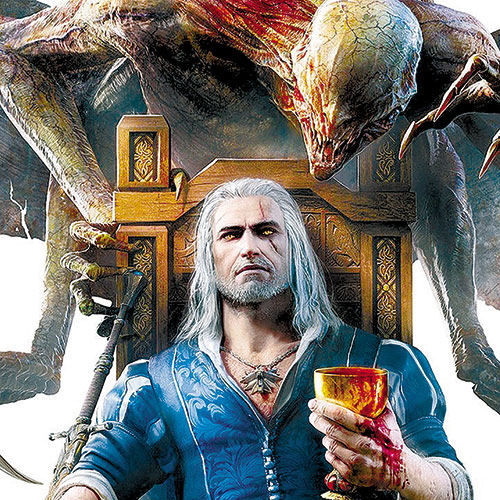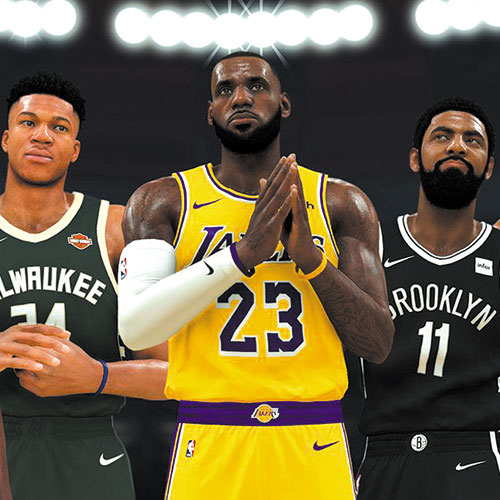Paige FTW: Would You Pay More For Games?

The most infuriating thing about downloadable content is that it is not created equal.
Think about it: $15 could have gotten you Mass Effect 3’s Citadel DLC upon release — possibly the most famous add-on of all time, bursting with fanservice and content — or it could have bought you two costume sets for Persona 5. And of course, both of those pale in comparison to the blinding sparkle of The Witcher 3’s fantastic Hearts of Stone and Blood & Wine packs, which truly set the standard of what DLC can aspire to (for just $10 and $15, respectively).
Well, you might say, it’s up to the player as to whether they want to blow their money. If we’re not talking about anything that changes the base experience or loot box gambling, then what’s the big controversy?
In 2011, Nintendo of America president Reggie Fils-Aime lamented that games like Angry Bird were detrimental to the industry at large because they set up expectations for consumers that games should be … well, dirt cheap.
If a game can be had for $1, then why pay $20, or $50 or even $60? Why buy a game full price when you know Steam will bust out a fabulous sale and reduce the price by 80 percent one day in the future? Entire internet campaigns have been waged to discourage people from preordering games — for perfectly valid reasons, of course, but still, with the knowledge that a discount can’t be too many months away.
Even as our games have become bigger, bolder enterprises involving hundreds of people and dazzling technology, our hackles raise if the price veers too close to $70. By all rights, games should cost more than they do. But they don’t. So how do things balance out in the end?
This is where DLC enters the picture — as a means of recouping the budget lost. It’s a certainly a way of looking at it that I never previously considered. But there has to be a better way, right?
Right?











